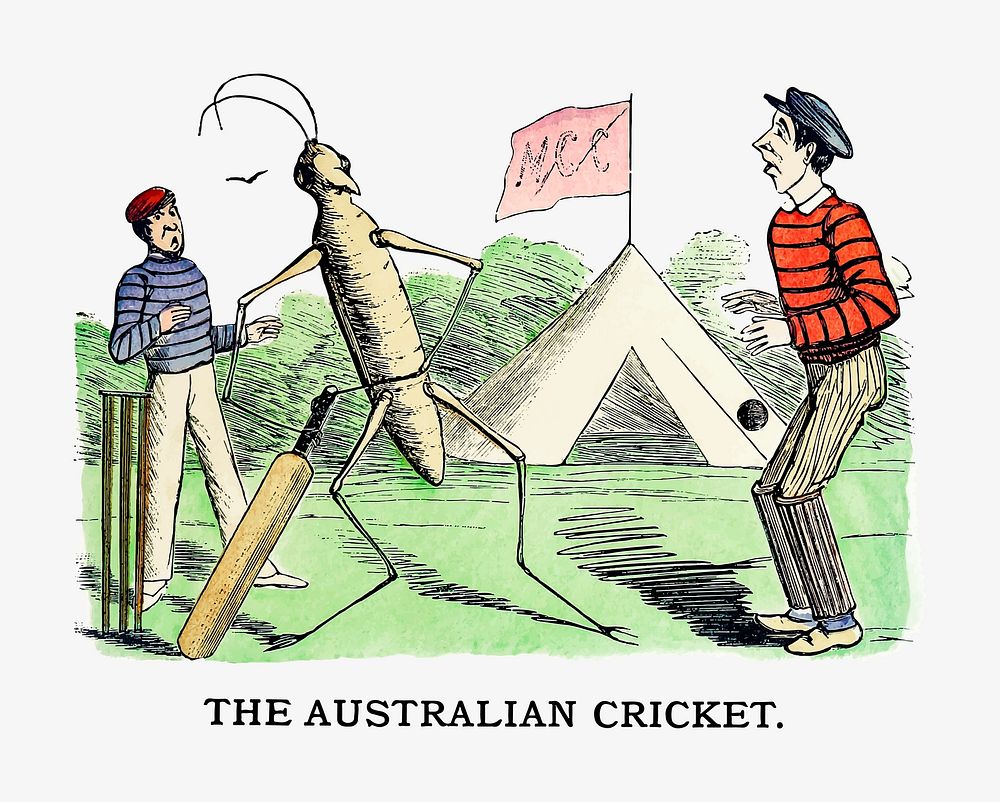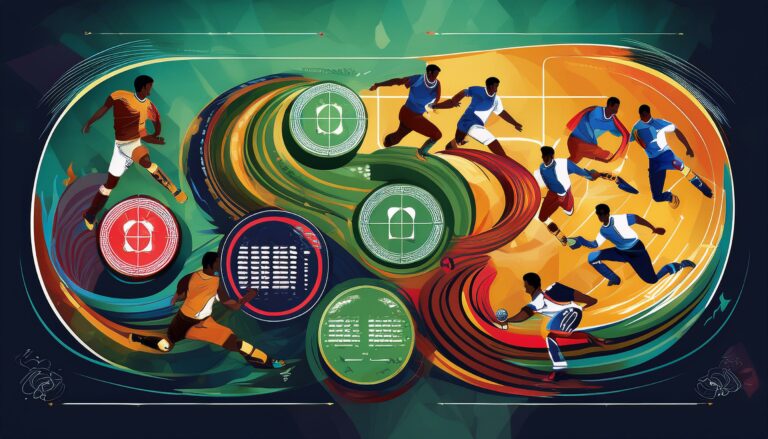The historical significance of football in different regions
99 Exchange Bet, Mazaplay:Football, known as soccer in North America, has a complex and rich history that dates back centuries. The origins of the sport can be traced to ancient civilizations like the Chinese, Greeks, and Romans, who played similar ball games as early as 2,000 years ago. These games involved kicking a ball into a designated target area and were often played as part of religious rituals or military training.
As time passed, different regions began to develop their own versions of the game with varying rules and playing styles. In medieval Europe, “mob football” became popular, where entire villages would compete in wild and chaotic matches with little to no regulations. It wasn’t until the 19th century in England that standardized rules and regulations were established, laying the foundation for modern football as we know it today.
Evolution of Football Rules
The evolution of football rules has been a dynamic process shaped by the need for fairness, safety, and increased excitement for players and fans alike. From its early informal gatherings to the structured game we know today, football rules have undergone numerous changes over the years. These modifications have not only refined the game but also contributed to its widespread popularity across the globe.
Key milestones in the evolution of football rules include the establishment of standardized field dimensions, the introduction of offside and forward pass rules, and the implementation of video assistant refereeing (VAR) technology. Each adjustment has aimed to enhance the integrity and flow of the game while upholding its core principles. As football continues to evolve, it will be intriguing to witness how future rule changes shape the sport and influence its legacy for generations to come.
• Standardized field dimensions were established to ensure consistency and fairness in gameplay.
• The introduction of offside and forward pass rules added strategic elements to the game, promoting a more dynamic playing style.
• The implementation of video assistant refereeing (VAR) technology has helped reduce human error in officiating decisions, leading to more accurate outcomes on the field.
• Future rule changes will likely focus on player safety, technological advancements, and maintaining the balance between tradition and innovation in football.
Impact of Football on Society
Football, being a globally beloved sport, has undeniably made a profound impact on society. Through the unity it fosters among fans worldwide, football has the power to transcend boundaries of nationality, culture, and religion. The shared passion for the game brings people together, creating a sense of camaraderie and community that extends beyond the 90 minutes on the field.
Moreover, football plays a significant role in promoting inclusivity and diversity. It provides a platform for individuals from all walks of life to come together and celebrate their differences while cheering for a common goal. The sport has the ability to break down barriers and foster understanding among people of diverse backgrounds, highlighting the universal language of football that unites us all.
How has football evolved over the years?
Football has evolved from its origins in ancient civilizations to the modern organized sport we know today. Rules have been standardized, strategies have become more sophisticated, and the game has gained global popularity.
What role does football play in society?
Football plays a significant role in society as a source of entertainment, cultural identity, and community bonding. It brings people together, promotes teamwork and sportsmanship, and provides a platform for social issues and activism.
What impact does football have on the economy?
Football has a huge impact on the economy through revenue generated from ticket sales, merchandise, broadcasting rights, and sponsorships. It also creates job opportunities in areas such as coaching, marketing, and event management.
How does football influence cultural norms and values?
Football can influence cultural norms and values by promoting teamwork, discipline, and perseverance. It can also shape national identities and foster a sense of pride and unity among fans.
What are some social issues that football addresses?
Football can address social issues such as racism, sexism, and homophobia by promoting inclusivity and diversity. It can also raise awareness and support for charitable causes and humanitarian efforts.







